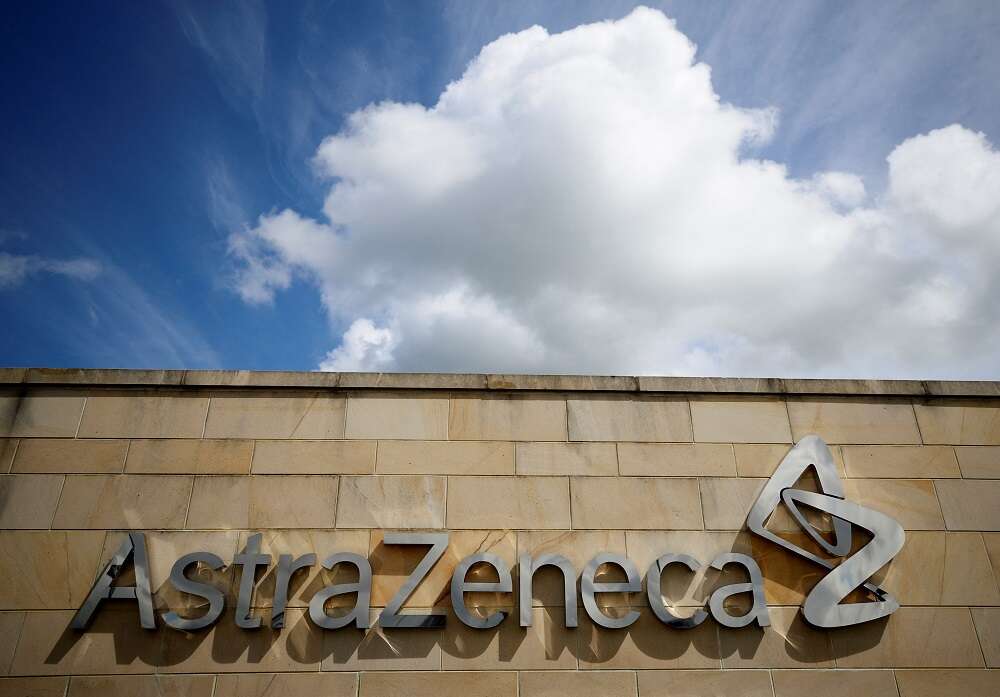
By Natalie Grover
(Reuters) -AstraZeneca raised its full-year earnings outlook on Thursday after strong sales of its key cancer drugs helped it beat quarterly profit and revenue forecasts, driving its shares to a 2-1/2 month high.
The Anglo-Swedish company said it managed to grow its business in China despite protracted COVID lockdowns and was no longer pursuing U.S. approval for its COVID-19 vaccine.
AstraZeneca is seen as a bellwether for the pharmaceutical sector in China, which accounted for about 16% of the company’s total revenue last year.
Sales in China have been hurt by lower drug prices while COVID lockdown measures have kept some patients from being diagnosed and seeking care.
Despite the headwinds, the company generated 8% sales growth in the region on a constant currency basis in the quarter, whereas it had expected a decline, chief executive Pascal Soriot said on a media call.
Geopolitical challenges are growing in the region due to tensions between China and Taiwan, though Soriot said that had not affected the company so far.
“We haven’t experienced any of those difficulties some industries actually may experience,” he said.
Better-than-expected sales of AstraZeneca’s cancer medicines, including Tagrisso, Imfinzi and Enhertu, helped the company’s quarterly revenue beat, with sales of its broader oncology portfolio rising 24%.
AstraZeneca, which reports its results in dollars, raised its adjusted earnings per share forecast for 2022 to grow by a “high twenties to low thirties percentage”, even though it expects a strong U.S currency to be a drag on full-year revenue and profit.
Previously, it had forecast adjusted EPS growth in the “mid-to-high twenties percentage”.
Its strong quarterly performance, coupled with recent positive pipeline updates underlies “why we continue to see AZN as the best growth story in EU Pharma,” Barclays analysts wrote in a note.
DIVERSIFIED PORTFOLIO
Soriot said the company had decided not to pursue U.S. approval for its COVID shot, noting declining demand for vaccines in the country and that the market was well-served by mRNA shots produced by rivals Pfizer and Modena.
“To be honest, it didn’t make any sense for us to continue pursuing this application,” he said.
AstraZeneca produced one of the first COVID-19 shots, but lost out to the mRNA vaccines.
But global sales of the company’s COVID therapy, Evusheld, have steadily grown, partially offsetting the rapid decline in COVID vaccine sales.
“Whilst some of the other key players in the COVID-19 market started to show a decline in momentum, AstraZeneca’s diversified portfolio…has allowed them to stay on top and not be affected by the reduced global uptake of vaccines,” said Citeline analyst Zhyar Said.
Evusheld continues to demonstrate strong efficacy but there are a couple of variants that are resistant to it, Soriot said.
The company is now working on an upgraded version of the therapy it hopes to have ready by the third or fourth quarter of next year, he added.
(Reporting by Natalie Grover in London. Editing by Jane Merriman, Tomasz Janowski and Emelia Sithole-Matarise)


